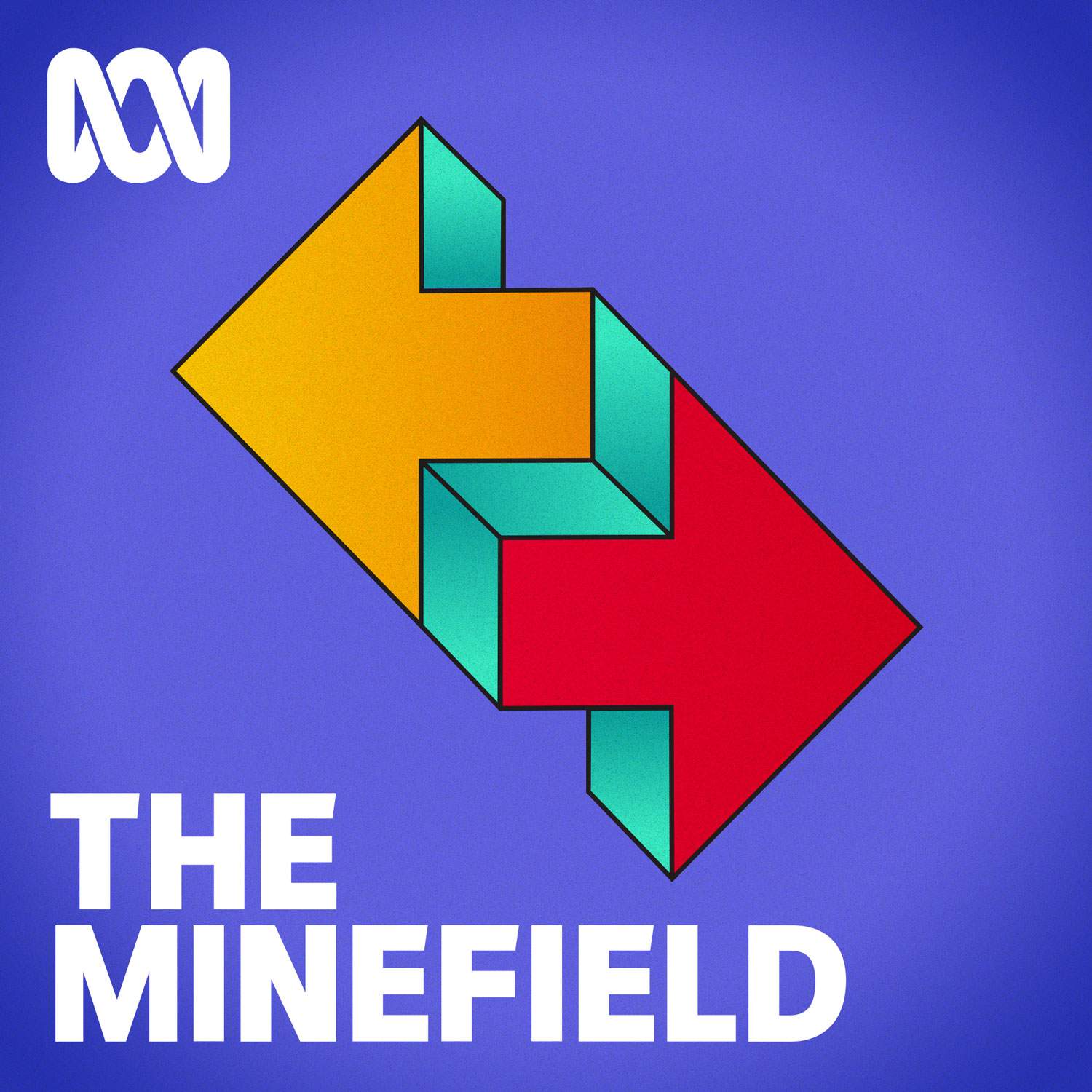

The Minefield
ABC
In a world marked by wicked social problems, The Minefield helps you negotiate the ethical dilemmas, contradictory claims and unacknowledged complicities of modern life.
Episodes
Mentioned books

Dec 15, 2022 • 60min
Should you avoid disagreements this Christmas or welcome them?
Over the next few weeks, we are bound to be in the same space with some most disagreeable company. Is this a prospect we should dread?

Dec 8, 2022 • 60min
The ethical demands of "Guess Who's Coming to Dinner" (1967)
Does Stanley Kramer's 1967 film, "Guess Who's Coming to Dinner", have to make too many sacrifices in order to be morally palatable to its white audience?

Dec 1, 2022 • 60min
Is jealousy a moral emotion, or an immoral one?
Sam Spall, a Senior Lecturer in Philosophy at the University of Sydney, dives into the intriguing world of jealousy. He discusses how jealousy differs from envy, and whether it can ever be viewed as a moral emotion. The conversation highlights the complex nature of jealousy in relationships, distinguishing between protective feelings and destructive possessiveness. Spall also explores societal perceptions of jealousy, shedding light on its implications for love and care, and provocatively questions the moral obligations tied to wealth distribution.

Nov 24, 2022 • 60min
Is fashion remaking our bodies?
Ever since the advent of “ready-to-wear” mass-produced clothing, the brands and prevailing fashions they establish hold out a kind of “idealised” body to which wearers must conform.

Nov 17, 2022 • 60min
Is civility a moral obligation in a democracy?
Civility is often misunderstood as mere politeness, but the discussion dives deeper into its role in democracy. Engaging with justice and equity for marginalized voices is crucial. The challenges of fostering inclusive discourse in diverse societies are explored, alongside the limits of civil conversation on existential issues. The speakers also examine how civility intersects with identity, particularly for those on the autism spectrum. Ultimately, the moral obligation of civility in political discourse raises questions about empathy and the balance between dissent and respectful dialogue.

Nov 10, 2022 • 60min
Queen at Live Aid, 1985
There is no denying that Queen’s set at Live Aid on 13 July 1985 was one of the most electrifying live performances ever captured. But did Queen simply pull out their “greatest hits”, or were they attuned to the ethical demands of the occasion?Guest: Shane Homan is the Head of the School of Media, Film and Journalism at Monash University.

Nov 3, 2022 • 60min
Disruption or continuity: What does climate change demand?
Movements like Extinction Rebellion and Effective Altruism both regard the fact of climate change and the impending threat of climate catastrophe as moral realities that cannot be ignored. Which is the more fitting response?

Oct 27, 2022 • 60min
Sports, sponsorship and solidarity
How far should clubs be expected to go when it comes to accommodating the ethical or religious objections of their players to wear sponsor logos?

Oct 20, 2022 • 0sec
What are the moral limits of compromise?
Politics is sometimes called the “art of the possible”, which entails sacrificing what is ideal for the sake what is tolerable and achievable. But when are such compromises virtuous, and when are they a form of consent to injustice?

Oct 13, 2022 • 60min
Can Twitter be reformed, or should it be abandoned?
What are we to make of Elon Musk’s claims about “free speech” and about a private company functioning as a “de facto public town square”?


